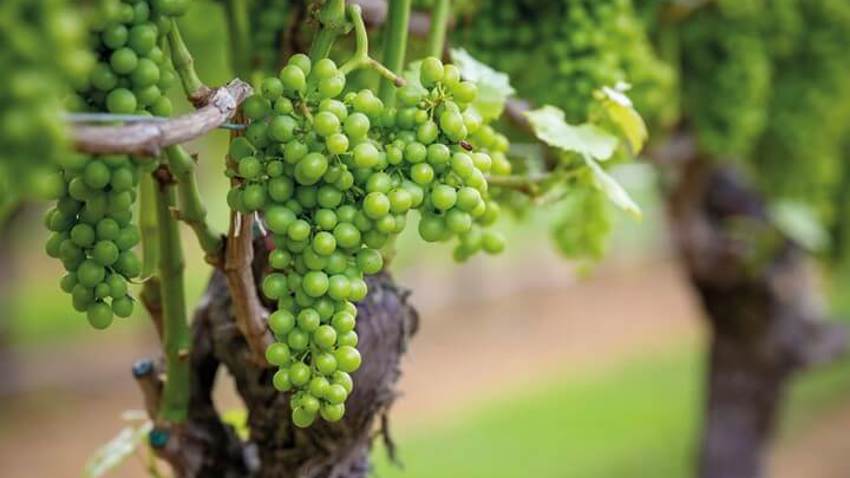
The future of winemaking or just a flash in the pan? Natural wine has plenty of supporters and plenty of detractors. Hard to ignore, however, is the growing demand from 'in-the-know' drinkers. The discussion surrounding natural wine has us wondering; here are the arguments for and against natural wine being a fad.
The argument for natural wines
Natural wine has become a common term in wine circles. However, there is no clear definition of what 'natural' wine is. It can be organic or biodynamic, but it is almost always made with minimal intervention. In its purest form, this approach uses indigenous or wild yeasts to convert the sugar inside the fruit to alcohol.
Minimal intervention is a reasonably radical winemaking approach that tries to do as little as possible. In much of the winemaking world, there are almost 200 commonly used, entirely legal, additives used. These additives include sugar, commercially cultured yeast, sulphite preservatives, gelatin, colourants and antimicrobial agents - to name a few.
Some consumers seek out natural wines to skip over sulphur. While sulphur dioxide compounds do occur naturally in winemaking, adding more as a preservative (sulphuring) is a topic of some debate in the natural wine community. Some natural vintners adhere to a zero-added-sulphite policy, while others add only a tiny amount. Any wine containing more than ten parts per million of sulphur dioxide must include "contains sulphites" on the label. Sulphites are an allergen that in some people can cause asthma-like symptoms and congestion.
The growing popularity of natural wines is hard to ignore. Fuelled in part by health-consciousness, in part by environmental concerns, and in part by drinkers who savour the taste. The trend for organic, biodynamic wines and ethically produced wines is growing; wines made with minimal intervention slots right into that trend.

The argument against natural wines
Natural wine is a divisive subject. Some wine experts say that natural wines are often riddled with faults. These faults would see them thrown out of many competitions. Some wonder why a wine drinker would want to drink cloudy, oxidised and often overly acidic wine. Wine isn't supposed to be a challenge to drink!
These hit and miss wines are hardly crowd-pleasing. It is fair to say some of these wines are an acquired taste. You have to be prepared not to get the 'polished' finish present in most wines. With no preservatives, these wines are not going to have the longevity we are used to either. For the on-trade, the turnover must be there before filling the cellars or wines that need to be drunk young will go to waste.
With the lack of intervention, winemakers aren't able to exercise much control. You have to be prepared if you find a natural wine you like, that it is unlikely the next vintage will be the same. Vintage variation is almost guaranteed, which some argue is the true expression of the terroir.

Our thoughts
There is vast variation within natural wines; some people may get put off if they have tried some of the funky stuff. The reality is that within this vast spectrum of styles, there are also wines that you wouldn't even know were natural. Our new Brouilly is the perfect example of this and one we recommend you try.
Natural wine is not just a fad. Many of the great independent restaurants and bars are adding natural wines to their lists. With support growing, we've added three new natural wines to our Autumn release. We think our customers will enjoy these newbies and think they are great value for money. Surely worth a try.
Although these wines can be very different from conventional wine, many people love the taste of the product. Advocates describe natural wines as tasting 'more alive'. Whatever the reasons for seeking it out, natural wine is becoming more accessible than ever. Despite these wines becoming more regular sights in restaurants and bars, the style represents a tiny fraction of total wine production. Nevertheless, the noise around it is not dying, and if anything, it is getting louder.
Poll: Vote on this debate!
If this poll fails to load, please click here
If you would like to try some natural wines, then look out for some of our new wines inside our Autumn Release. These additions are a response to our ever-evolving market and meet the demands that our team of Wine Development Specialists have identified from our on-trade customers. You can download our brochure here or browse our full natural wine range on our website.
